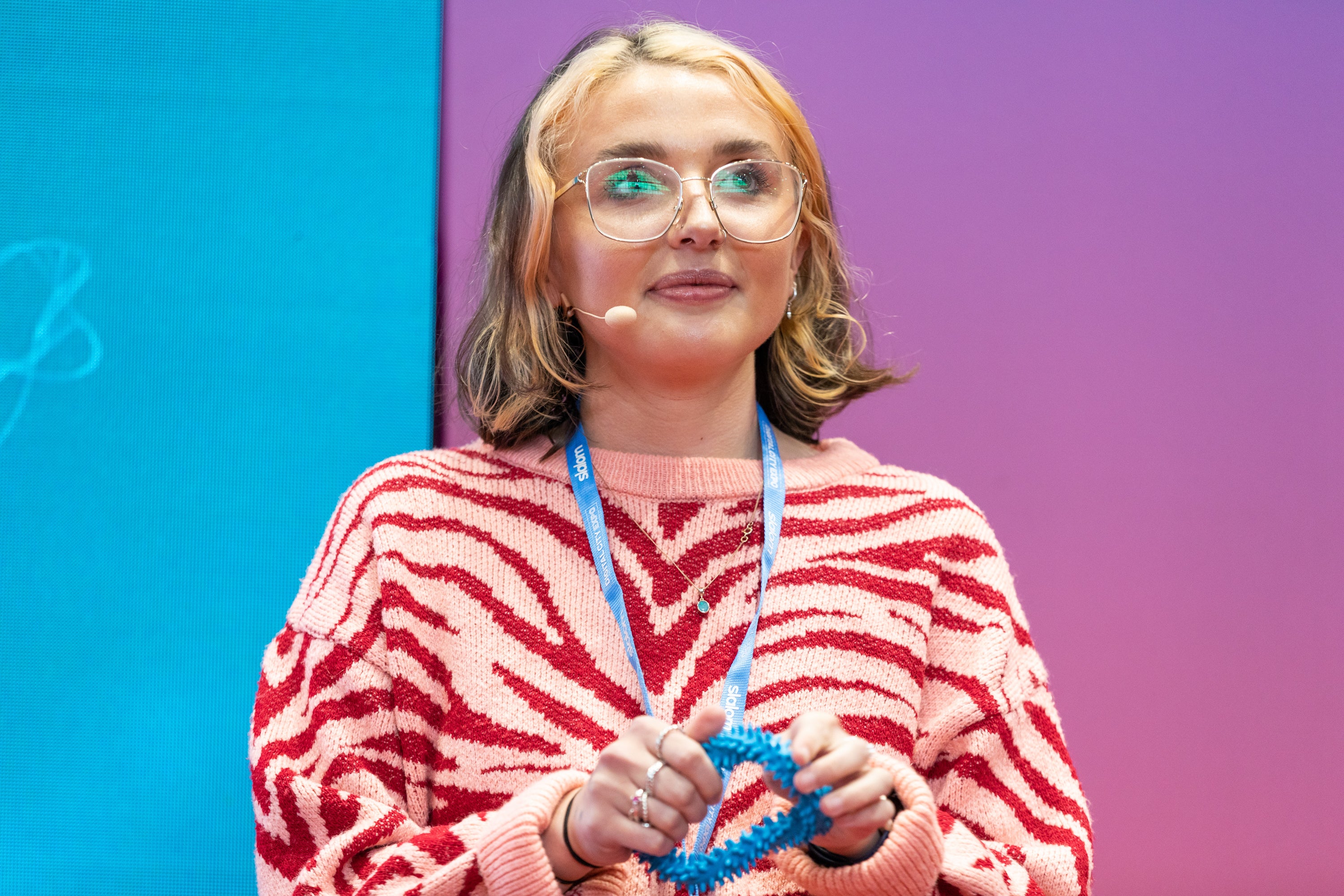I found out I was disabled at the age of 24 – and life has never been better
Learning who I am – an autistic, and therefore disabled, person – has been the most validating, freeing, and life-affirming realisation, writes Ellie Middleton


At this moment, we know that the Earth is round. All the science that we learn, rules that we study, and laws that we understand are based on the knowledge that the Earth is round. But, not so long ago, we knew (or thought we knew) that the Earth was flat. So all the science that we learned, rules that we studied, and laws that we understood were based on the knowledge that the Earth was flat.
That shift – from understanding the Earth to be flat to understanding it to be round – is known as a paradigm shift: a fundamental change in approach or underlying assumptions. A new lens through which we are able to see the world.
I’ve recently had a paradigm shift of my very own: an autism diagnosis. I’ve always known that I was a bit different. I’ve always been a bit stubborn, I’ve always felt like I was in my own little bubble somehow, and I’ve never quite managed to fit in with the people around me.
I knew I was different at the age of nine when all the children in my class loved playtime, but my biggest joy came from beating the school’s times tables record. I knew I was different at the age of 12 when everyone in my secondary school seemed to be forming solid friendship groups, but I was receiving online hate messages about how “annoying” and “intense” I was. I knew I was different at the age of 17 when all my peers were accepting offers to go to university, but I was housebound, unable to speak, and debilitated by the impending change.
But I never knew exactly why I was different. I had never been given any answers, and was never told anything was special or unusual about me, and, as far as the adults in my life had always considered, I was just a gifted and talented child with a hint of generalised anxiety disorder.
As time went on and this difference loomed over me, I knew that anxiety wasn’t quite the answer. It didn’t explain why I found some things so much easier than those around me – like my beloved times tables, or any sort of problem-solving – but found some things so much more difficult, like maintaining friendships or keeping up with things like showering and brushing my teeth.
One of my favourite quotes is by John Green from his book The Fault in Our Stars: “I fell in love the way you fall asleep – slowly, and then all at once.” This is exactly how I discovered my paradigm shift. Slow at first: I knew I was different, I was digging around for answers, I was googling my “symptoms”. And then all at once: when one day, my counsellor asked me the question: “Has it ever been looked into why you take things so literally?”
It was a question that changed my life. Off the back of it, to cut a very long process short, I was diagnosed with autism spectrum condition at the age of 24.
Now, if you’re anything like the vast majority of society, even reading the word autism might make you feel a bit squeamish. If you add to the mix that being autistic also makes me disabled, then you might even feel sympathy towards my discovery. But, to me, that discovery – and the paradigm shift that came with it – has meant that life has never been better.
To keep up to speed with all the latest opinions and comment sign up to our free weekly Voices Dispatches newsletter by clicking here
I’m no longer questioning if I’m a bad person – I just know that my brain is wired differently. I’m no longer forcing myself through overstimulating situations. I’m aware of my needs and I am learning to respect them. I’m no longer morphing and moulding myself into the person I think my peers want me to be. I’m learning to unmask and live authentically as an autistic person. I don’t get mad at myself any more for becoming exhausted so much sooner than everyone around me. I’m aware that my battery is a bit smaller, and that’s OK.
And it turns out that getting my answers so late is not a rare occurrence – according to new research, 80 per cent of autistic women are undiagnosed when they reach the age of 18.
Learning who I am – an autistic, and therefore disabled, person – has been the most validating, freeing, and life-affirming realisation. I’m not ashamed to be disabled. I’d go as far as saying I’m actually pretty proud of it. Because being autistic defines the way my brain works and it is what makes me, me. Through this new paradigm, after so many years of not knowing, I can finally see that “me” is pretty great.





